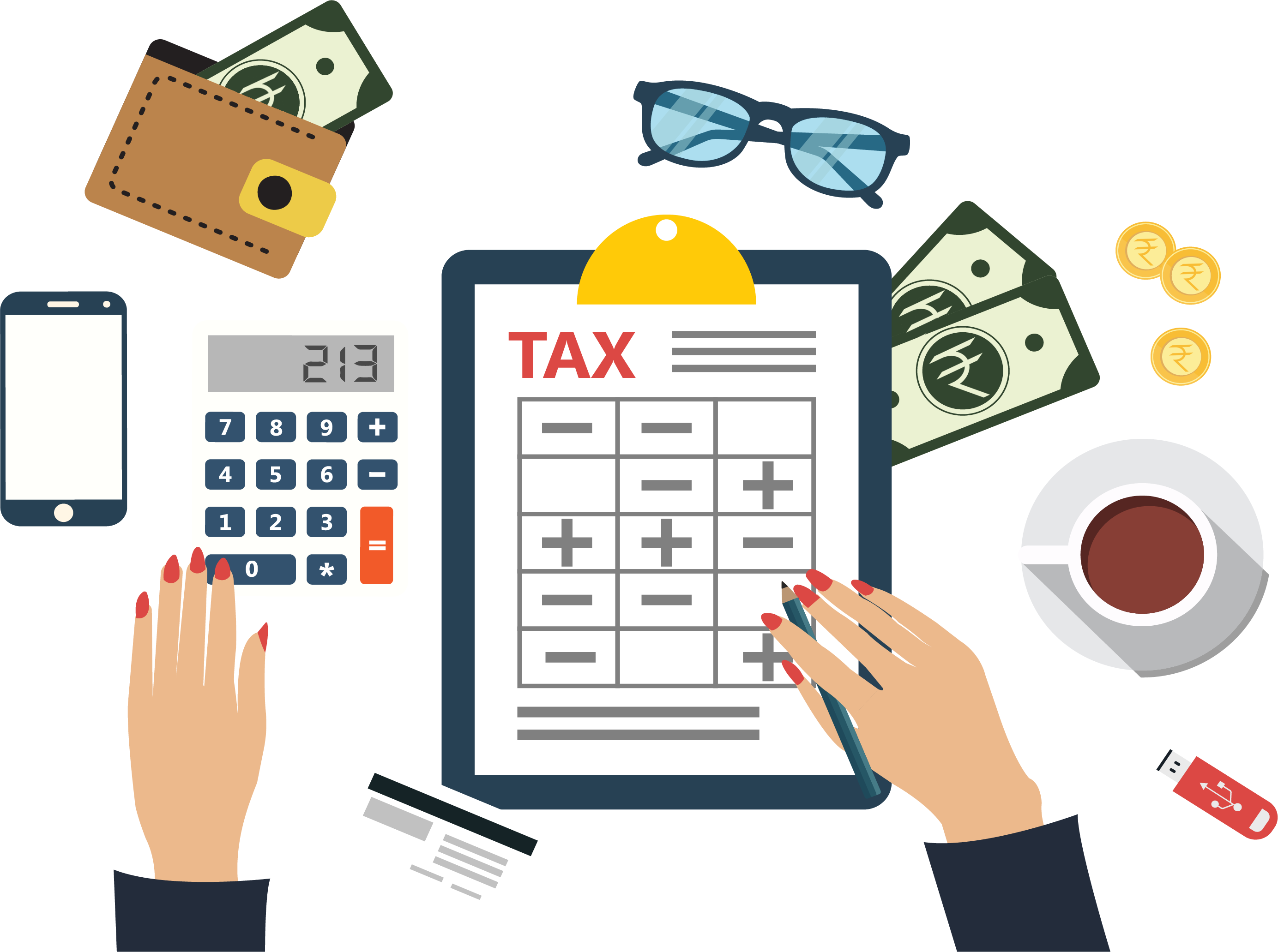As it’s the start of a new tax year from 6th April 2019, we’d like to update you on a number of changes to the following:
- Minimum wages increases
- Auto enrolment pension contribution increases
- Tax rates
- National insurance contributions
If we are doing your payroll and submitting your auto enrolment pension for you then we will automatically update these increases on your payroll records, but if you are doing these yourself make sure to review these increases for each employee.
Please let us know if you have any questions on any of the information.
Thank you for reading
Minimum wage increases
Current rates
These rates are for the National Living Wage and the National Minimum Wage. The rates change every April.
| Year |
25 and over |
21 to 24 |
18 to 20 |
Under 18 |
Apprentice |
| April 2019 |
£8.21 |
£7.70 |
£6.15 |
£4.35 |
£3.90 |
Auto enrolment pension contributions increasing
Minimum contributions are being introduced gradually over time. You will usually pay pension scheme contributions either as a fixed amount or based on a percentage of earnings.
| Date |
Employer minimum contribution |
Total minimum contribution |
| Up until 5 April 2018 |
1% |
2% (including 1% staff contribution) |
| 6 April 2018 to 5 April 2019 |
2% |
5% (including 3% staff contribution) |
| Current rates – 6 April 2019 onwards |
3% |
8% (including 5% staff contribution) |
Income tax rates
The personal allowance, ie the amount you can earn before paying income tax has increased in 2019/2020 tax year from £11,850 to £12,500 which is an equivalent of £1041 tax free allowance per month and equates to a tax saving of £130 in 2019/20 if you are a basic rate taxpayer (£650 @ 20% = £650).
The basic rate threshold of 20% has increased from £34,500 in 2018/19 to £37,500 in 2019/20 which means that you can earn up to £50,000 (£37,500 + £12,500) before paying tax in the higher rate threshold.
Dividend rate
The dividend tax free allowance remains unchanged at £2000 in 2019/20 tax year. Dividends are taxed at 7.5% in the basic rate threshold and 32.5% in the higher rate threshold and are not subject to national insurance.
National insurance rates 2019/20
The Lower earnings (LEL) threshold is £118 per week or £512 per month, £6136 for the year.
The Primary earnings threshold (PT) is £166 per week, £719 per month or £8,632 per year.
Earnings below these amounts indicated in the LEL and PT are not subject to payment of national insurance.
Once you are earning more than this amount you pay national insurance at different rates depending on whether you are employed or self employed.
The Upper earnings limit (UEL) is £962 per week, £4,167 per month or £50,000 per year.
National Insurance rates for employee & employer
For anyone earning over the PT, national insurance is liable at 12% for the employee and 13.8% for the employer. Earnings over the UEL are liable at an additional 2% for the employee and 13.8% for the employer.
Class 4 National insurance for self employed
National insurance is paid on self employed profits above £8632 to £50,000 at 9% and an additional 2% on profits above £50,000.
Class 2 national insurance is also collected through your self assessed tax return at £3 per week on profits above £6365, so £156 for the year.
Corporation tax rate
The corporation tax rate on profits remains unchanged for 2019/2020 at 19%.
Capital gains
The annual exemption for capital gains is £12,000 for 2019/2020.
The standard rate is 10% which is capital gains within the basic rate threshold and 20% is the higher rate.
A standard rate of 18% and higher rate of 28% applies to gains on residential property however. |

